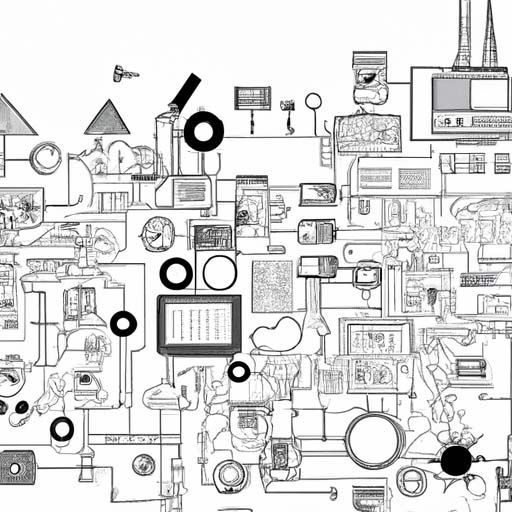Summary:
- Citigroup plans to lay off 20,000 employees over the next three years as part of its efforts to improve productivity through increased technology spending and automation.
- The company’s increased investment in technology over the past three years is aimed at benefiting from automation, well-governed data, and consolidated platforms.
- Financial analysts have asked Citigroup about its strategy and how it will manage employee morale during the layoffs.
- Labor market analyst Victor Janulaitis stated that AI-enabled automation is replacing jobs in industries such as help desks and software code development.
- Other companies, including Unity Software, Google, Amazon’s Twitch, and Veeam Software, have also announced layoffs or job cuts for various reasons.
- Executives at Avasant believe that different types of AI have different impacts on jobs, with some causing layoffs and others increasing productivity without negatively affecting jobs.
- A Forrester analyst argues that the conversation about AI and layoffs can sometimes be exaggerated, with leaders using AI as an explanation for layoffs that may have other causes.
Article:
Citigroup is planning to lay off 20,000 employees over the next three years as part of its efforts to improve productivity through increased technology spending and automation. The company has increased its technology spending in recent years, reaching $1 billion last year, double the amount spent in 2021.
The layoffs come after Citigroup reported a net loss of $1.8 billion in its fourth quarter. The company’s CEO, Jane Fraser, stated that the increased technology spending would ultimately deliver benefits from automation, well-governed data, and consolidated platforms.
During a call with financial analysts, Fraser acknowledged the human impact of the job cuts and expressed the company’s commitment to transparency with employees. Financial analysts questioned Citigroup’s strategy and asked how the company would handle employee morale during the layoffs.
Labor market analyst Victor Janulaitis stated that AI-enabled automation is replacing jobs in industries such as help desks and software code development. He explained that companies no longer require as many entry-level coders, leading to job cuts in that field as well.
While layoffs have been relatively low in the tech industry this month, with less than 6,000 job cuts reported, other companies have also announced layoffs or job cuts for various reasons. Unity Software, a San Francisco-based game developer, cut about 1,800 positions to refocus on its core business. Google and Amazon’s Twitch also announced job cuts due to missed growth targets.
Avasant, an outsourcing consultancy, conducted a survey of 200 executives at firms using generative AI. Less than 1% of respondents said generative AI would lead to job cuts, while over a third said it would lead to significant job growth. The survey suggests that different types of AI have different impacts on jobs, with some causing layoffs and others increasing productivity without negatively affecting jobs.
However, J.P. Gownder, a Forrester analyst, argued that the conversation about AI and layoffs can sometimes be exaggerated, with leaders using AI as an explanation for layoffs that may have other underlying causes. He stated that some claims about AI and job cuts are not exactly true.
Overall, Citigroup’s planned layoffs and increased technology investments highlight the growing role of automation in the workforce. While it may lead to job cuts in certain areas, it also has the potential to increase productivity and create new opportunities for workers in other fields.
